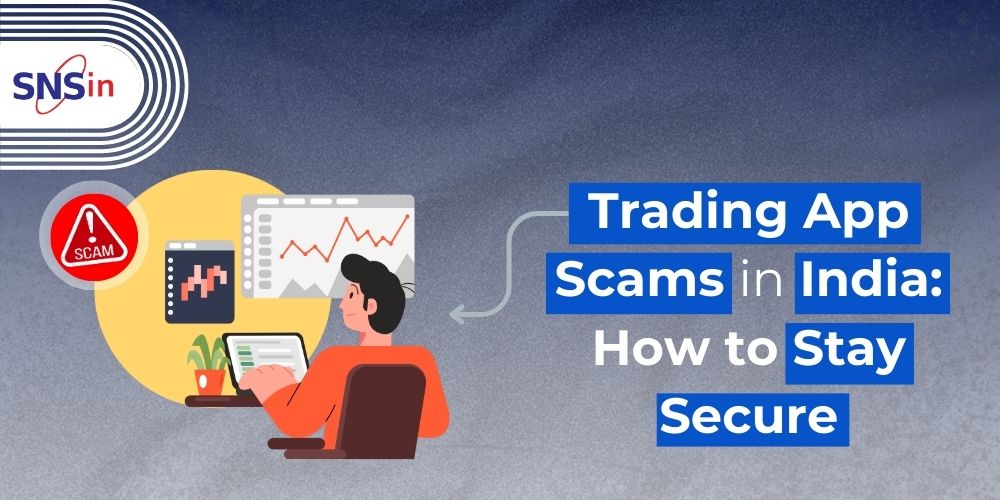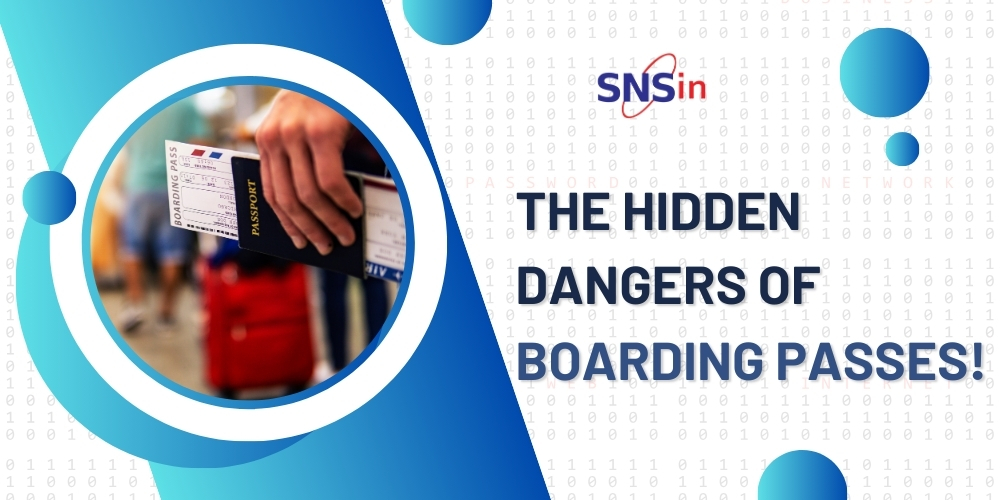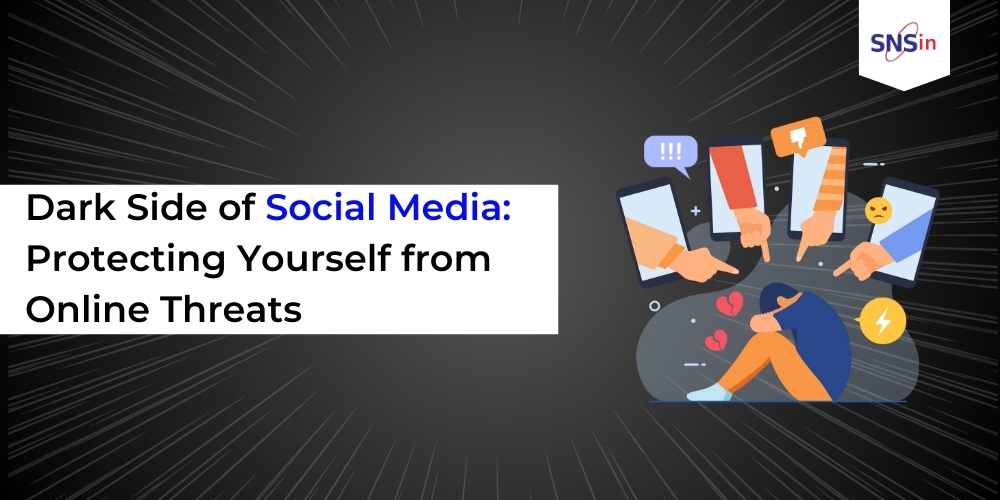What is a Phishing Attack?
Phishing is a sophisticated cyberattack. It tricks victims into giving up sensitive information by impersonating legitimate organizations. Attack vectors could be email, text messages, or malicious links embedded in websites.
Victims may be lured to click malicious links, downloading attachments, or filling bogus forms. Phishing attacks go beyond capturing login credentials or infecting networks. They can lead to financial losses, data theft and organization’s reputation damage.
Recognizing and reporting phishing attempts is crucial for protecting your organization’s security and integrity. By understanding the tactics used by cybercriminals and taking proactive measures, you can significantly reduce your risk of falling victim to these attacks.
Common Types of Phishing Attacks
Email Phishing. It involves cybercriminals faking their identities as representatives of prominent organizations. Such emails often employ a sense of urgency to manipulate victims into hasty actions.
Spear Phishing. Cybercriminals research their victims and craft personalized messages. These attacks often appear more credible and can be harder to detect.
Smishing. One of the most prevalent mobile malware threats is SMS phishing. Cybercriminals send malicious text messages with links to fake sites or requesting personal information.
Vishing. Cybercriminals calls targeted persons to make them disclose their account numbers or PINs.
Clone Phishing. Cybercriminals duplicate a genuine email and send it out with fresh attachments or links containing viruses. Thus, making the people who receive it believe it is from their original senders.
Why is recognizing phishing attacks critical?
The ability to recognize phishing attacks is crucial for several reasons:
-
Protects sensitive data. Phishing attacks often aim to trick victims into clicking on malicious links that lead to websites designed to steal login credentials, banking details, and PINs. Recognizing phishing scams can help prevent these attacks and protect sensitive data. Once compromised, cybercriminals can exploit stolen data for identity theft, money theft or fraud activities.
-
Prevents Malware infection. Phishing emails & messages has attachments or links that will download a virus into your device. Ransomware or spyware, may corrupt your system, steal from you, or deny you access to your machine till you pay for it. Preventing the installation of such malware is crucial for cybersecurity. Identifying and stopping phishing attempts is a key step in achieving this goal.
-
Safeguards Corporate Networks. When it comes to safeguarding corporate networks, every employee plays a crucial role. Often, phishing attacks in an organizational context can lead to severe effects. If the phishing attack succeeds in ensnaring an employee, the hackers can infiltrate the system, siphon off valuable data, or even bring down the whole system. Successful phishing attacks can compromise systems, lead to data breaches, and disrupt operations.
-
Avoids financial losses. Phishing attacks may result in direct monetary losses. For example, when a user’s identity is compromised, cybercriminals leverage it to perform unlawful activities or transfer funds. However, the expected loss related to a successful phishing attack can go further for businesses. It includes the business’s revenues, regulatory fines, and compensation costs to the affected customers.
How to Recognize Phishing Attacks?
Recognizing phishing attacks requires vigilance, as these deceptive tactics can be subtle.
-
Suspicious Senders. Phishing emails often originate from spoofed email addresses that mimic legitimate organizations.
-
Urgent or Threatening Language. These create a sense of urgency to pressure victims into taking immediate action.
-
Unsolicited Attachments or Links. Be cautious of unexpected emails with attachments or links, as these may be malicious.
-
Poor Grammar and Spelling. Legitimate businesses maintain high communication standards, so errors in grammar or spelling can be a red flag.
-
Mismatched URLs. Hover over links to verify that the displayed URL matches the expected website.
-
Unusual Requests. Never provide sensitive information like login credentials, credit card details, or PIN in response to unsolicited emails.
By being aware of these common phishing tactics, you can significantly reduce your risk of falling victim to these deceptive attacks.
The importance of reporting phishing attacks
Reporting phishing attacks is a crucial step in combating these threats. By informing authorities and sharing your experience, you can:
-
Stop the Spread. Phishing attacks are often mass-distributed, so reporting them can help prevent others from falling victim.
-
Enhance Security. Cybersecurity teams can use reported phishing attempts to improve their defences and protect their organizations.
-
Raise Awareness. Sharing your experience can educate others and prevent future phishing attacks.
-
Protect Others. By reporting phishing attacks to service providers, you can help them take action to safeguard their users.
Best Practices for Protecting Yourself and Your Organization
To safeguard yourself and your organization from phishing attacks, implement robust security measures. Enable multi-factor authentication, create strong, unique passwords using a password manager, and keep your software up-to-date. Prioritize cybersecurity training for employees to enhance their awareness of phishing tactics. Always verify the authenticity of requests for sensitive information through official channels. By following these best practices, you can significantly reduce your risk of falling victim to phishing scams and protect your organization’s valuable data.
Conclusion
Phishing remains a persistent threat to individuals and organizations. By staying informed about common phishing tactics and taking proactive steps, you can protect yourself and contribute to the overall security.
Secure Network Solutions (SNS) is a reliable Security Partner protecting customers against cyber threats for the last 24 years. Cybersecurity awareness is more important than ever. Our Cybersecurity Awareness Training sessions can equip your employees with the knowledge and skills they need to identify and avoid cyber threats.
Drop us an email at [email protected] and let’s secure your organization!
Swathi
Author
Working IT professional and a Cyber Security enthusiast. Passionate to write about Cyber Security topics and Solutions. I share my insights as I study articles and trending topics in the field of Cyber Security.
![]()




